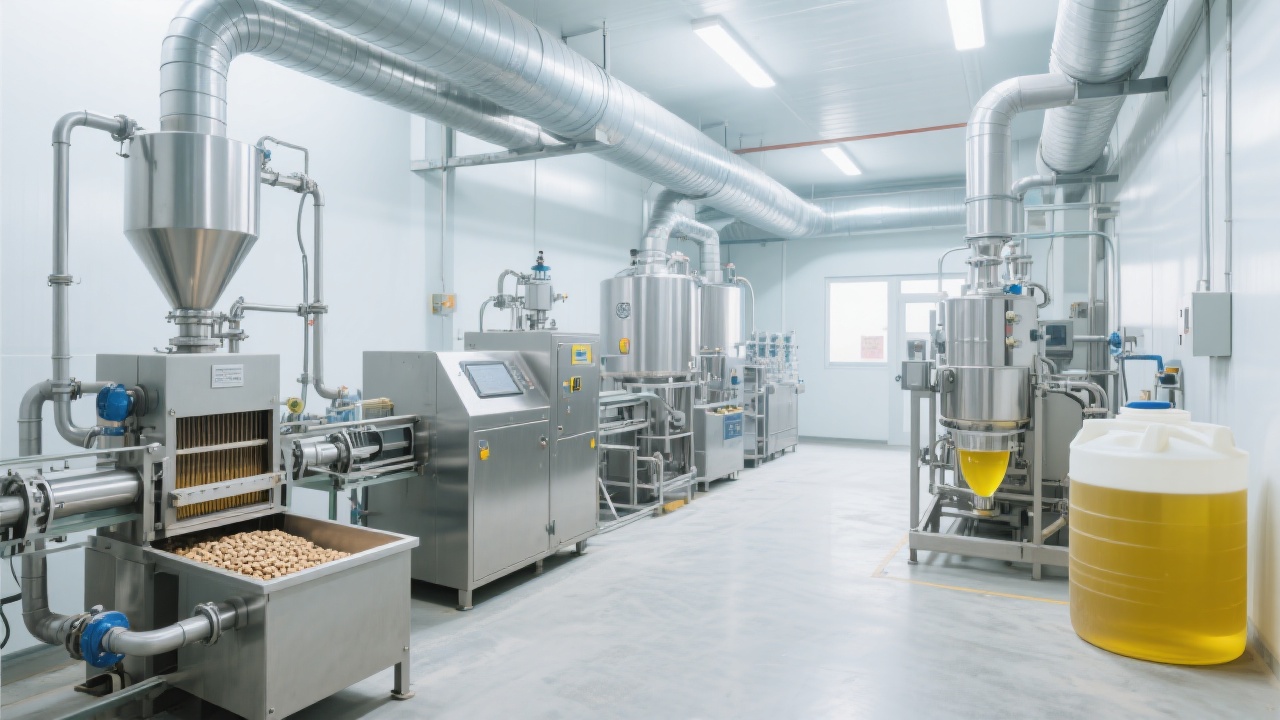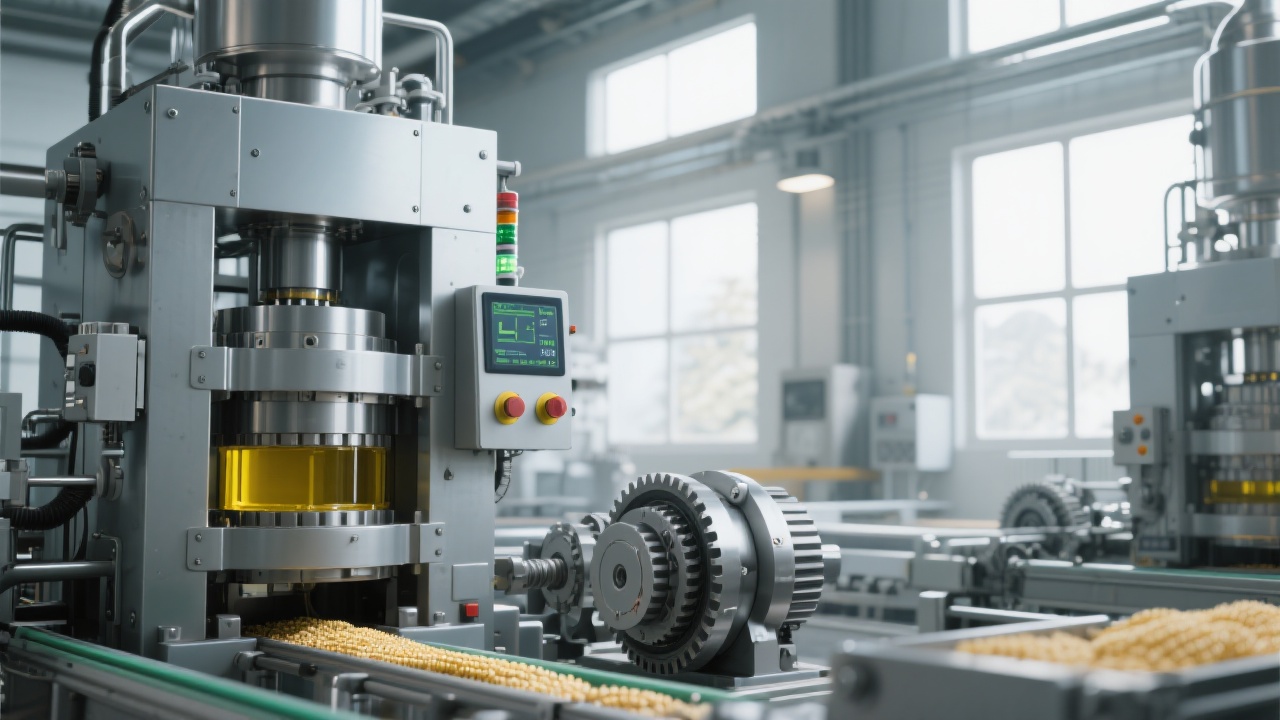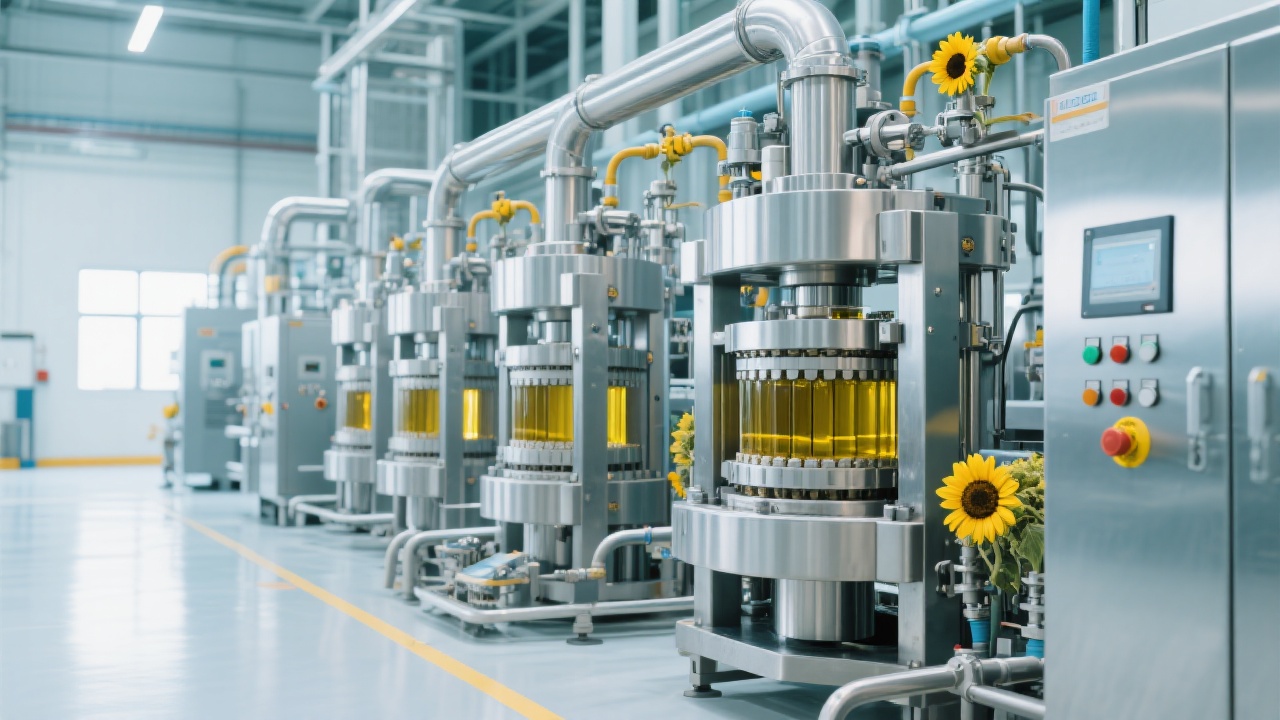
In the soybean oil industry, exported products face increasing demands for not only high quality but also sustainable production practices. Over the years, industry leaders have identified energy consumption and product purity as critical leverage points to enhance competitiveness on the global stage. Upgrading traditional soybean oil plants with focused, practical measures can achieve 18-20% higher oil yield while slashing energy consumption by 30% or more. This article unveils five proven operational strategies that help export-centered soybean oil factories deliver superior output with environmental responsibility.
Many export factories inherit outdated processes that result in excessive steam and electricity use. By retrofitting key stages — such as seed conditioning, flaking, and solvent extraction — with energy-efficient equipment and optimized workflow, plants can reduce idle running time and mechanical losses. For example, integrating high-efficiency heat exchangers and variable speed drives in pressing units has demonstrated a 20-25% decrease in energy per ton of oil produced.
Automation technology revolutionizes process control by monitoring critical parameters such as temperature, solvent concentration, and pressing pressure continuously. Intelligent systems—notably PLC (Programmable Logic Controllers) combined with SCADA (Supervisory Control and Data Acquisition)—enable adaptive tuning. This results in consistently stable extraction rates and reduced human error, key to sustaining export-grade quality benchmarks.
Waste heat from drying, toasting, and distillation stages often dissipates unused, inflating operational costs. Implementing waste heat recovery units—such as regenerative burners or economizers—recovers thermal energy to preheat incoming raw materials or feed water, cutting fuel requirements significantly. Case studies indicate a fuel consumption reduction surpassing 30% compared to conventional plants.

Modern analytical instruments such as Near-Infrared Spectroscopy (NIR) and inline refractometers allow immediate detection of impurities and consistency in oil composition. These tools enable prompt adjustments during extraction or refining processes, maintaining purity levels that fulfill stringent international export standards such as ISO and HACCP. Enhanced quality control directly correlates with lower rejection rates in global procurement.
Successful export enterprises diversify their portfolio by processing various oilseeds—soybean, sunflower, canola—to meet regional demands and seasonal supply changes. Designing plants with adaptable equipment accommodates different seeds without costly downtime or compromises in efficiency. This flexibility increases market responsiveness and revenue potential.

Comparing metrics before and after applying these guidelines reveals compelling benefits: energy consumption drops by about 30%, oil yield improves from an average of 16-17% to 18-20%, and the ability to secure coveted certifications boosts export market credibility. These figures embody a transformational leap from conventional production to a standard that aligns with health-conscious, sustainability-driven buyers.
Sustainable manufacturing and strict quality adherence are no longer optional in competitive global trade—they are prerequisites. Factories that invest in energy optimization and quality innovation not only reduce operational costs but also unlock new markets demanding traceability and environmental responsibility. These upgrades facilitate compliance with global food safety certifications such as ISO 22000 and HACCP, enhancing buyer confidence.

Incorporating these operational guidelines positions your soybean oil plant advantageously in the global landscape. Efficient energy use and superior product purity not only help protect our planet but also make every drop of oil more valuable—from raw material intake to final export shipment.
Ready to transform your production line? Discover how to advance your soybean oil plant into the green, efficient future.
Your experience matters—has your soybean oil factory encountered challenges in energy efficiency or product quality? Share your situation in the comments, and receive tailored operational strategies and real-world case insights from our global expertise.

